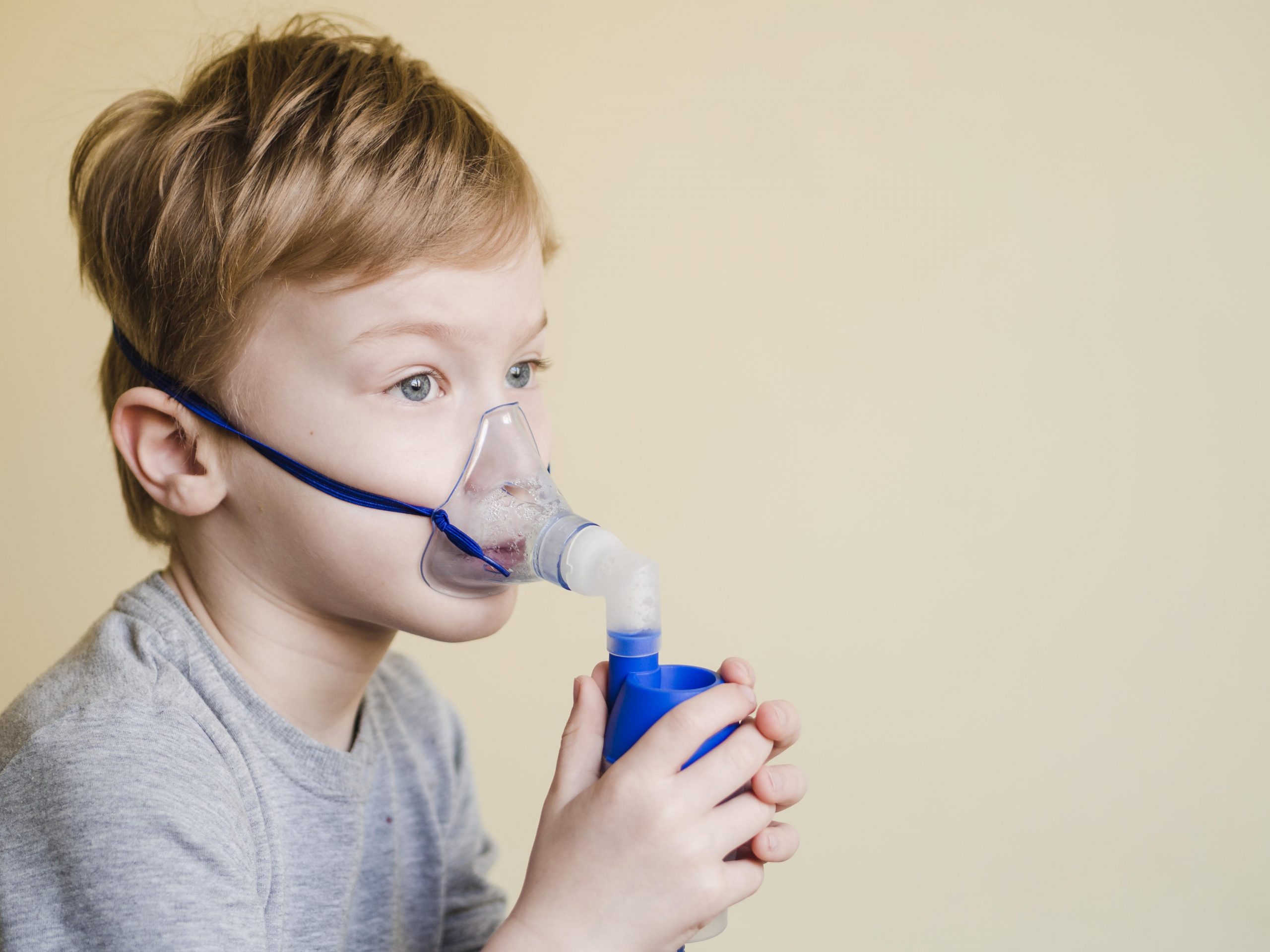

Researchers from Rutgers University believe that fewer colds may have contributed to the reduction in the number of children in the United States who were identified with asthma in the first year of the COVID-19 pandemic compared to earlier years. Researchers at Rutgers University compared the number of new diagnoses of asthma during the first year of the pandemic to the number of diagnoses during the three years prior in a recent report that was published in Respiratory Research. Researchers identified children under the age of 18 who had never received an asthma diagnosis using the Health Core Integrated Research Database, and they then compared the rates of new diagnoses in 2020 with those in the three years previously. They discovered that diagnostic rates for asthma dropped by 52% nationwide.
“Given the similar findings from Japan and the U.S., these results suggest that the pandemic caused many fewer children to develop asthma in various places around the world, at least early on,” said Daniel Horton, a core faculty member at the Center for Pharmacoepidemiology and Treatment Science at Rutgers Institute for Health, Health Care Policy and Aging Research (IFH) and the lead author of the study.
About 4.8 million children in the U.S. have asthma, which has signs like breathing difficulties, wheezing, coughing, and tightness or pain in the chest, according to the Asthma and Allergy Foundation of America, citing information from the National Center for Health Statistics. There has been much less attention paid to the rate of new asthma diagnoses during the pandemic, despite numerous research papers showing declines in the worsening of pediatric asthma during the pandemic. Researchers at Rutgers Biomedical and Health Sciences set out to investigate the prevalence of diagnoses in the United States based on data from Japan. Researchers claim that masking and separating children during the pandemic may be the best way to prevent new asthma diagnoses from falling so significantly, even though more study is needed to understand why.
“We think this may have occurred in part because, earlier in the pandemic, children were separated, wearing masks and getting fewer regular colds that could trigger asthma,” said Horton, who is an assistant professor of pediatrics at Rutgers Robert Wood Johnson Medical School and an assistant professor of epidemiology at Rutgers School of Public Health. “No one wants to keep children out of school or separated, but having kids wear masks while they have a cold or the flu might be a way to keep other kids who are at risk for developing asthma a little safer.”
Co-authors of the study include Brian Strom, the chancellor of Rutgers Biomedical and Health Sciences; Stephen Crystal and Cecilia Huang of IFH; Reynold Panettieri of Rutgers Institute for Translational Medicine and Science; and collaborators from Carelon Research.
more recommended stories
 Dietary Melatonin Linked to Depression Risk: New Study
Dietary Melatonin Linked to Depression Risk: New StudyKey Summary Cross-sectional analysis of 8,320.
 Chronic Pain Linked to CGIC Brain Circuit, Study Finds
Chronic Pain Linked to CGIC Brain Circuit, Study FindsKey Takeaways University of Colorado Boulder.
 New Insights Into Immune-Driven Heart Failure Progression
New Insights Into Immune-Driven Heart Failure ProgressionKey Highlights (Quick Summary) Progressive Heart.
 Microplastic Exposure and Parkinson’s Disease Risk
Microplastic Exposure and Parkinson’s Disease RiskKey Takeaways Microplastics and nanoplastics (MPs/NPs).
 Sickle Cell Gene Therapy Access Expands Globally
Sickle Cell Gene Therapy Access Expands GloballyKey Summary Caring Cross and Boston.
 Reducing Alcohol Consumption Could Lower Cancer Deaths
Reducing Alcohol Consumption Could Lower Cancer DeathsKey Takeaways (At a Glance) Long-term.
 NeuroBridge AI Tool for Autism Communication Training
NeuroBridge AI Tool for Autism Communication TrainingKey Takeaways Tufts researchers developed NeuroBridge,.
 Population Genomic Screening for Early Disease Risk
Population Genomic Screening for Early Disease RiskKey Takeaways at a Glance Population.
 Type 2 Diabetes Risk Identified by Blood Metabolites
Type 2 Diabetes Risk Identified by Blood MetabolitesKey Takeaways (Quick Summary) Researchers identified.
 Microglia Neuroinflammation in Binge Drinking
Microglia Neuroinflammation in Binge DrinkingKey Takeaways (Quick Summary for HCPs).

Leave a Comment